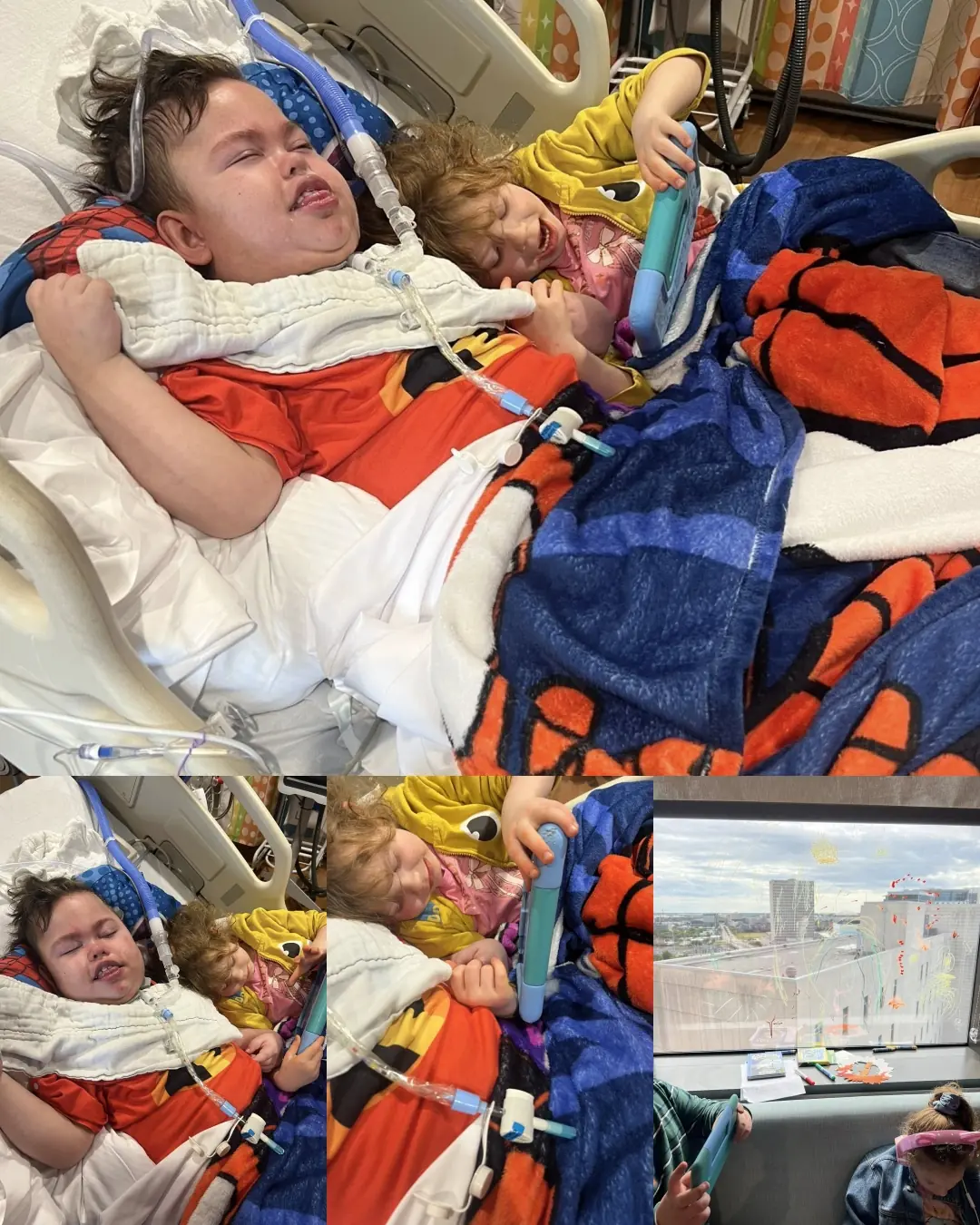
Alone during a heart attack? 5 critical steps that could save your life!
Imagine this: It’s late at night. You’re home alone, maybe relaxing after a long day. Everything seems perfectly normal—until suddenly, a strange, heavy pain grips your chest. At first, you tell yourself it’s probably nothing—maybe heartburn or fatigue. But then the pain deepens, radiating into your left arm, your jaw, even your neck. You start to sweat, your breathing becomes shallow, and panic sets in.
It hits you—you might be having a heart attack, and there’s no one else around. What do you do?
This is a terrifying situation, but knowing what to do in those critical minutes can mean the difference between life and death. Based on insights from cardiologist Dr. Andre Wambier, here are five essential steps that could help you survive a heart attack if you ever find yourself alone.
🔑 Key Takeaways
-
Recognize the warning signs of a heart attack early.
-
Call for help immediately—don’t try to drive yourself.
-
Stay calm, still, and conserve your energy while waiting for help.
-
Know when and how to take aspirin safely.
-
Understand that every minute counts—quick action saves lives.
1. Recognize the Symptoms Before It’s Too Late

The first and most crucial step is recognizing what’s happening. Heart attacks don’t always feel dramatic at first—many begin subtly and progress quickly. Being able to identify early warning signs allows you to act fast.
Here are seven key symptoms to watch for:
-
Chest Pain or Pressure: A tight, squeezing, or heavy sensation in the center of your chest that may last several minutes or come and go.
-
Radiating Pain: Discomfort that spreads to your arms (especially the left), shoulders, neck, jaw, or back.
-
Shortness of Breath: Struggling to breathe even when sitting still or doing light activity.
-
Cold Sweats: Sudden, clammy perspiration that feels different from regular sweating.
-
Nausea or Vomiting: Sometimes mistaken for indigestion or food poisoning—especially in women.
-
Dizziness or Lightheadedness: Feeling faint or unsteady can indicate low oxygen flow to the brain.
-
Intense Anxiety: A sudden feeling of dread or panic—often described as a “sense of impending doom.”
If you notice several of these symptoms together—especially chest discomfort that doesn’t go away—don’t wait. Take immediate action.
2. Call for Help—Right Away
If you suspect you’re having a heart attack, the first and most important step is to call emergency services immediately (911 in the U.S., 192 in Brazil, or your local emergency number).
Even if you think you can make it to the hospital faster, do not drive yourself. Heart attacks can escalate quickly, causing loss of consciousness or sudden cardiac arrest, which would make driving deadly.
💡 Why Calling for Help Is So Critical
-
Every minute matters. Heart muscle begins to die within minutes of losing oxygen. The faster you get professional care, the better your recovery chances.
-
Paramedics are trained for emergencies. They can start treatment on the spot, provide oxygen, and monitor your heart rhythm before you even reach the hospital.
If possible, unlock your door after calling for help, so paramedics can reach you easily if you lose consciousness.
3. Stay Calm and Conserve Your Energy
Once help is on the way, your focus should shift to staying as calm and still as possible. Movement increases the strain on your heart.
Here’s what you should do while waiting:
-
Sit or Lie Down: Choose a position that eases pressure on your heart. Many people find comfort sitting upright with their back supported and head slightly elevated.
-
Breathe Slowly: Take steady, deep breaths. Focus on controlling panic and keeping oxygen levels stable.
-
Avoid Strain: Don’t walk, climb stairs, or look for medication in another room. Every step can worsen your condition.
-
Stay on the phone: If the emergency operator instructs you, keep the line open until help arrives.
If you have a neighbor or family member nearby, call them to come over while you wait. Just having someone with you can help keep you calm.
4. Take Aspirin—If It’s Safe for You
If you’re conscious, not allergic to aspirin, and have access to it, taking it immediately may help.
🩸 How to Take It:
-
Chew (don’t swallow) 2–3 low-dose (81 mg) aspirin tablets—or one full-strength (325 mg) tablet.
-
Chewing speeds absorption, allowing the aspirin to work faster to thin your blood.
❗Why Aspirin Helps
Aspirin reduces blood clotting and can limit the size of the blockage in your artery, giving you a better chance of survival until help arrives.
However, if you have bleeding disorders, stomach ulcers, or allergies to aspirin, skip this step and wait for medical professionals.
5. Don’t Fall for the “Cough CPR” Myth
You may have seen viral posts claiming that coughing hard during a heart attack can restart your heart. Unfortunately, this is not true.
“Cough CPR” is a dangerous myth—it doesn’t dislodge a blockage or improve oxygen flow. In fact, focusing on coughing could delay the real life-saving actions you need: calling for help and staying calm.
What If Someone Near You Has a Heart Attack and Becomes Unconscious?
If you encounter someone who’s unresponsive and not breathing:
-
Call Emergency Services Immediately. Get professional help on the way.
-
Begin CPR: Place the heel of your hand in the center of their chest and push hard and fast—about 100–120 compressions per minute (think of the beat of “Stayin’ Alive” by the Bee Gees).
-
Use an AED (Automated External Defibrillator) if one is nearby—many public places have them. Follow the device’s spoken instructions until help arrives.
Quick CPR can double or even triple a person’s chance of survival.
Understanding the Risk Factors
Certain factors make heart attacks more likely. Awareness of these can help you take preventive action long before a crisis occurs.
-
Age: Men over 45 and women over 55 are at higher risk.
-
Lifestyle: Smoking, high blood pressure, high cholesterol, diabetes, obesity, and inactivity are major contributors.
-
Family History: If close relatives have had heart disease, your risk increases significantly.
-
Stress: Chronic stress and poor sleep can elevate blood pressure and strain the heart over time.
How to Prevent a Heart Attack
While some risk factors (like genetics) are beyond your control, others can be managed with healthy daily choices:
-
Eat Heart-Healthy Foods: Focus on fruits, vegetables, whole grains, lean proteins, and omega-3-rich fats (like salmon and walnuts).
-
Exercise Regularly: Aim for at least 150 minutes of moderate activity per week—such as brisk walking or cycling.
-
Manage Stress: Practice mindfulness, deep breathing, or yoga to calm your nervous system.
-
Get Regular Check-Ups: Monitor blood pressure, cholesterol, and blood sugar levels with your doctor.
-
Quit Smoking: Within one year of quitting, your heart attack risk drops dramatically.
Even small changes—like walking daily or cutting down on processed foods—can dramatically lower your risk over time.
Final Thoughts: Act Fast, Stay Calm, Save a Life
A heart attack can strike without warning, but your response determines the outcome. Recognizing the symptoms early, calling for help immediately, and conserving energy while waiting for medical assistance are the most powerful actions you can take.
Remember this golden rule: “Time is muscle.” The faster you act, the more heart muscle you save—and the better your chances of recovery.
Share this information with your loved ones. You never know when this knowledge might save a life—maybe even your own.
Stay informed, stay calm, and take care of your heart. ❤️
News in the same category


POPULAR SHAMPOO URGENTLY RECALLED BECAUSE IT CONTAINS BACTERIA THAT KILLS UP TO ONE IN TEN PATIENTS
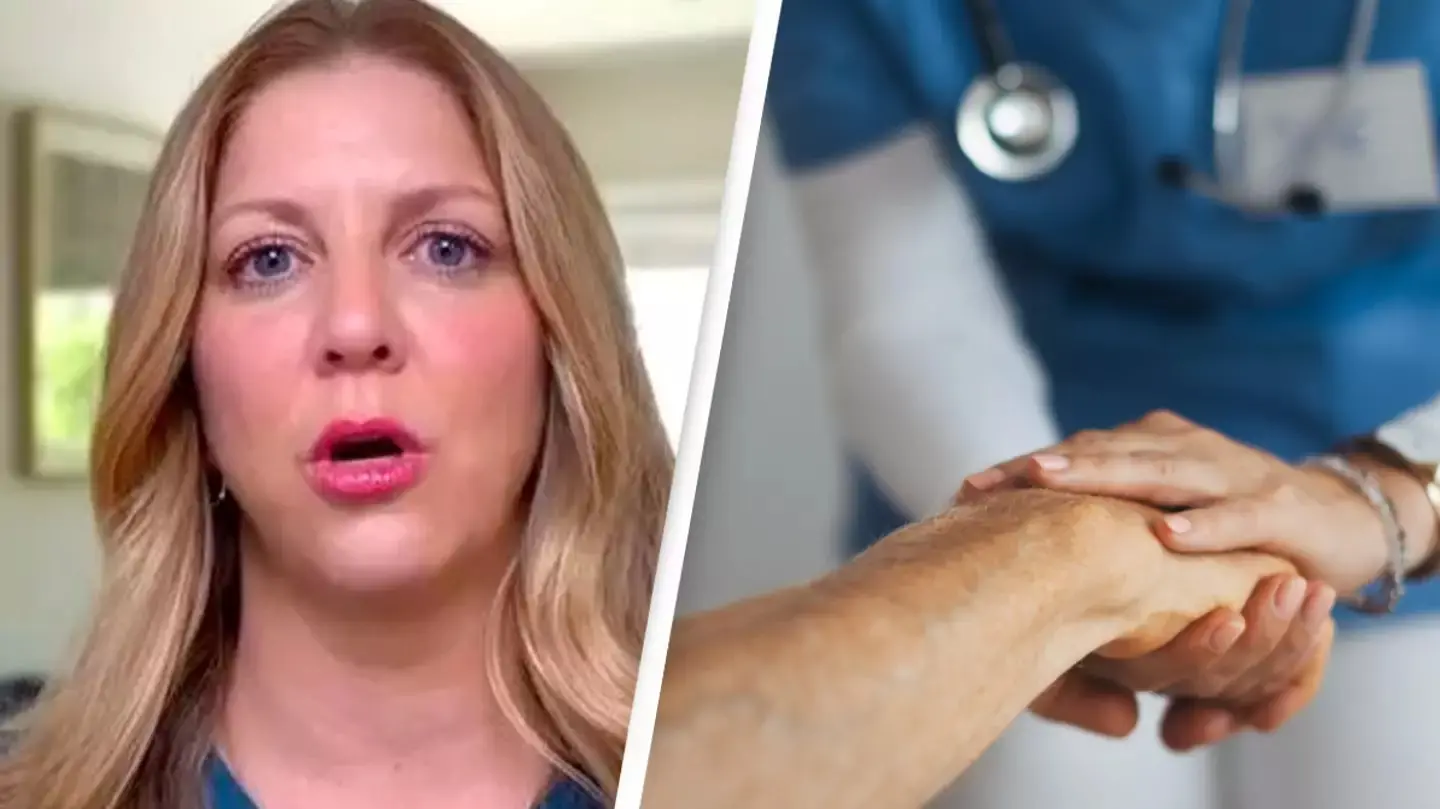
Nurse who's witnessed 'so many deaths' explains spine-chilling moment she realised 'what happens after we die'
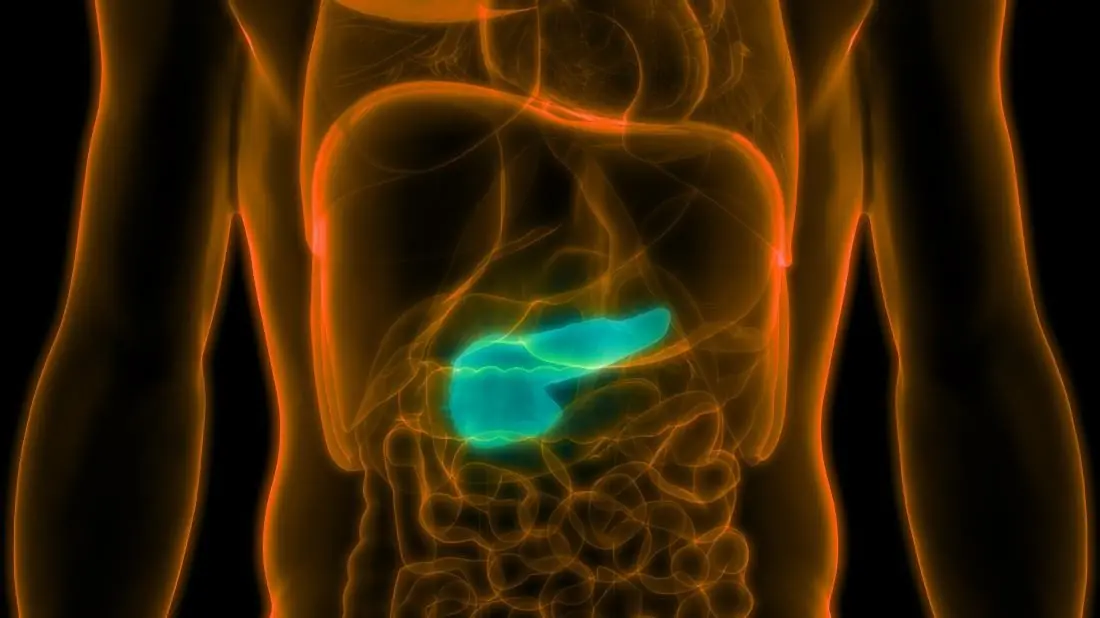
The influenza flu virus is being used to cure pancreatic cancer

Eye Doctor Reveals What To Do If You Start Seeing ‘Floaters’
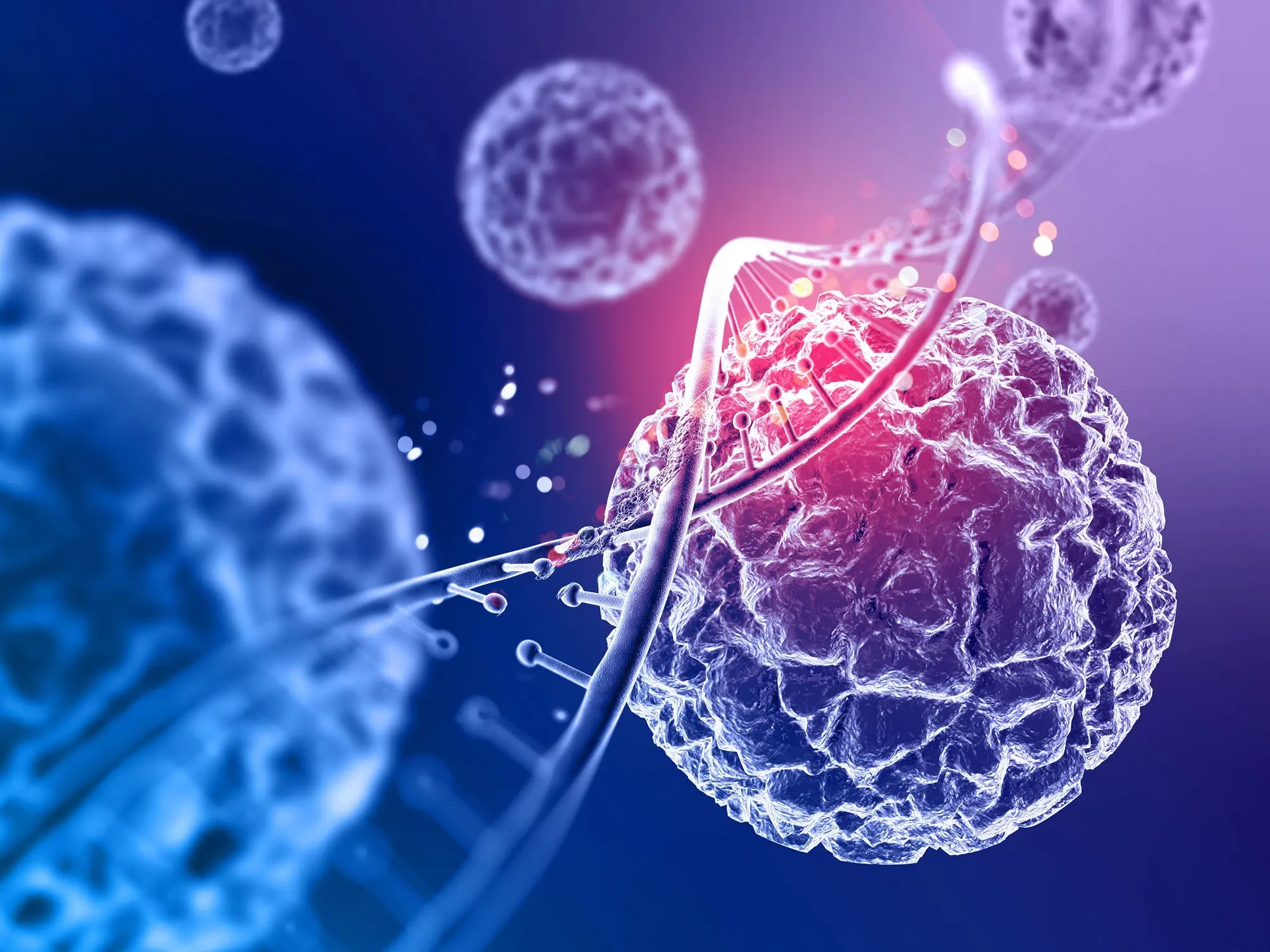
If cancer cells are present in the body, these 3 symptoms often appear in the morning everyone should pay attention
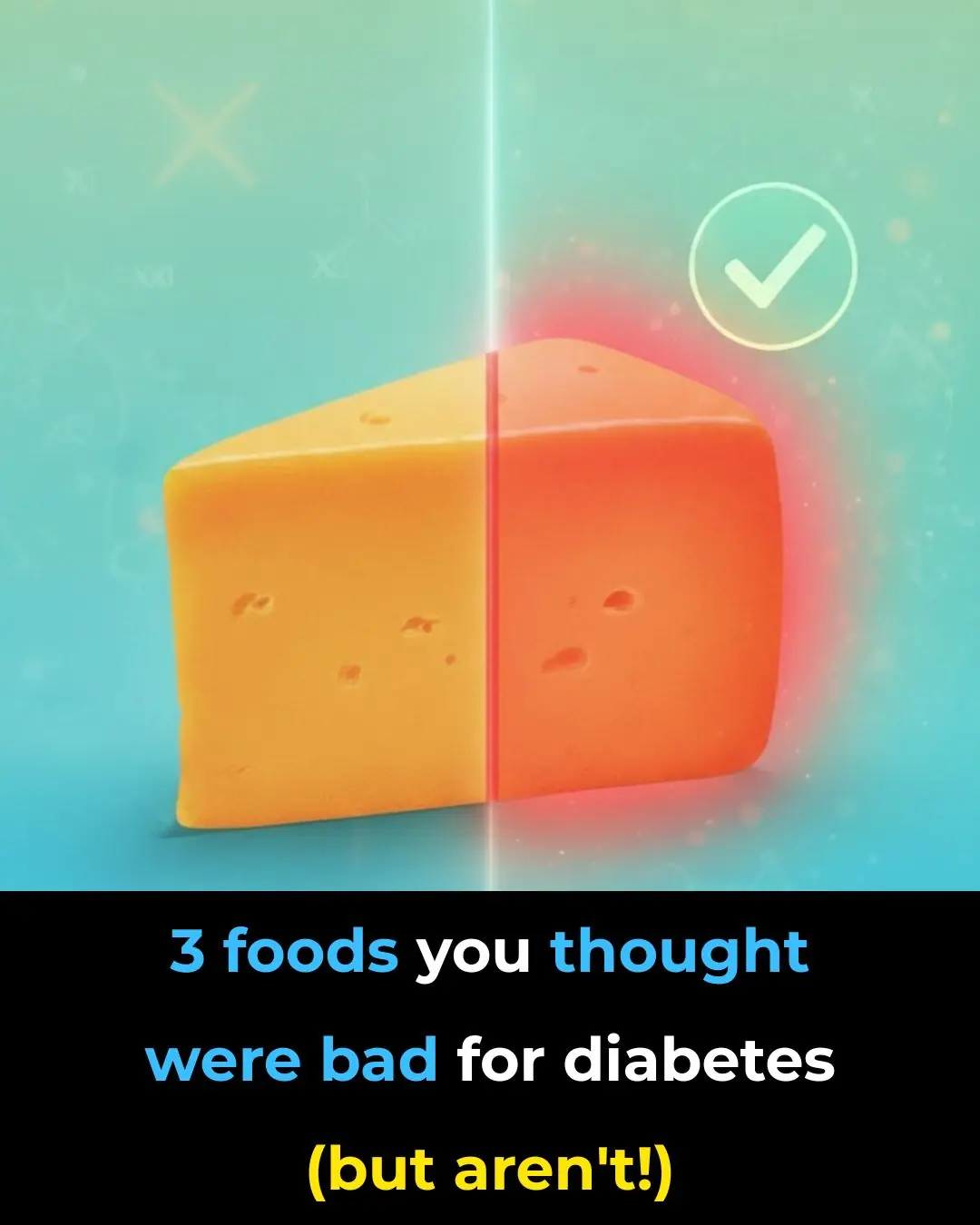
3 foods you thought were bad for diabetes (but aren’t!)
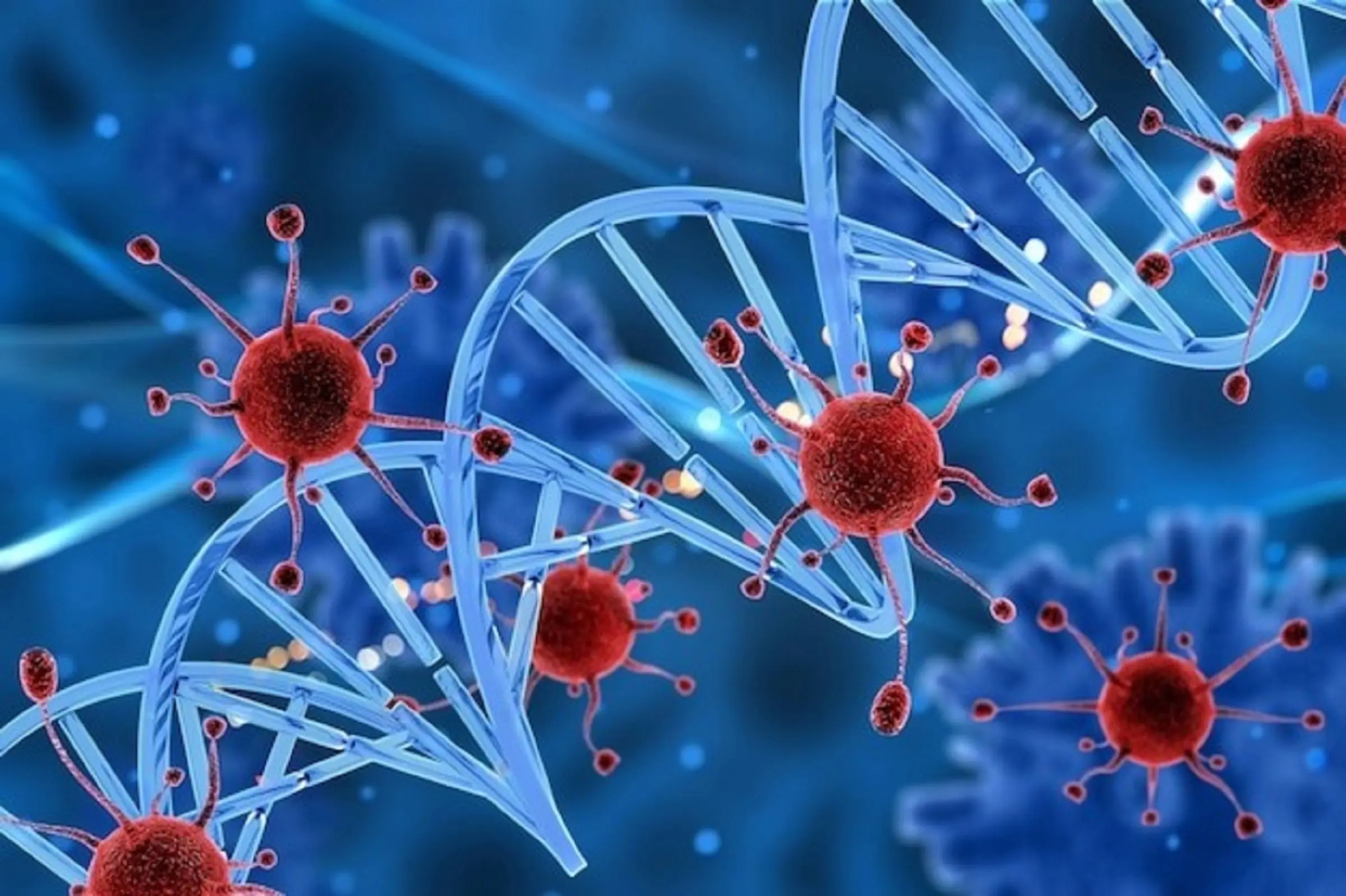
CANCER IS PAINLESS AT FIRST, BIT IF YOU SEE THESE 8 SIGNS WHEN GOING TO THE TOILET, YOU SHOULD SEE A DOCTOR IMMEDIATELY
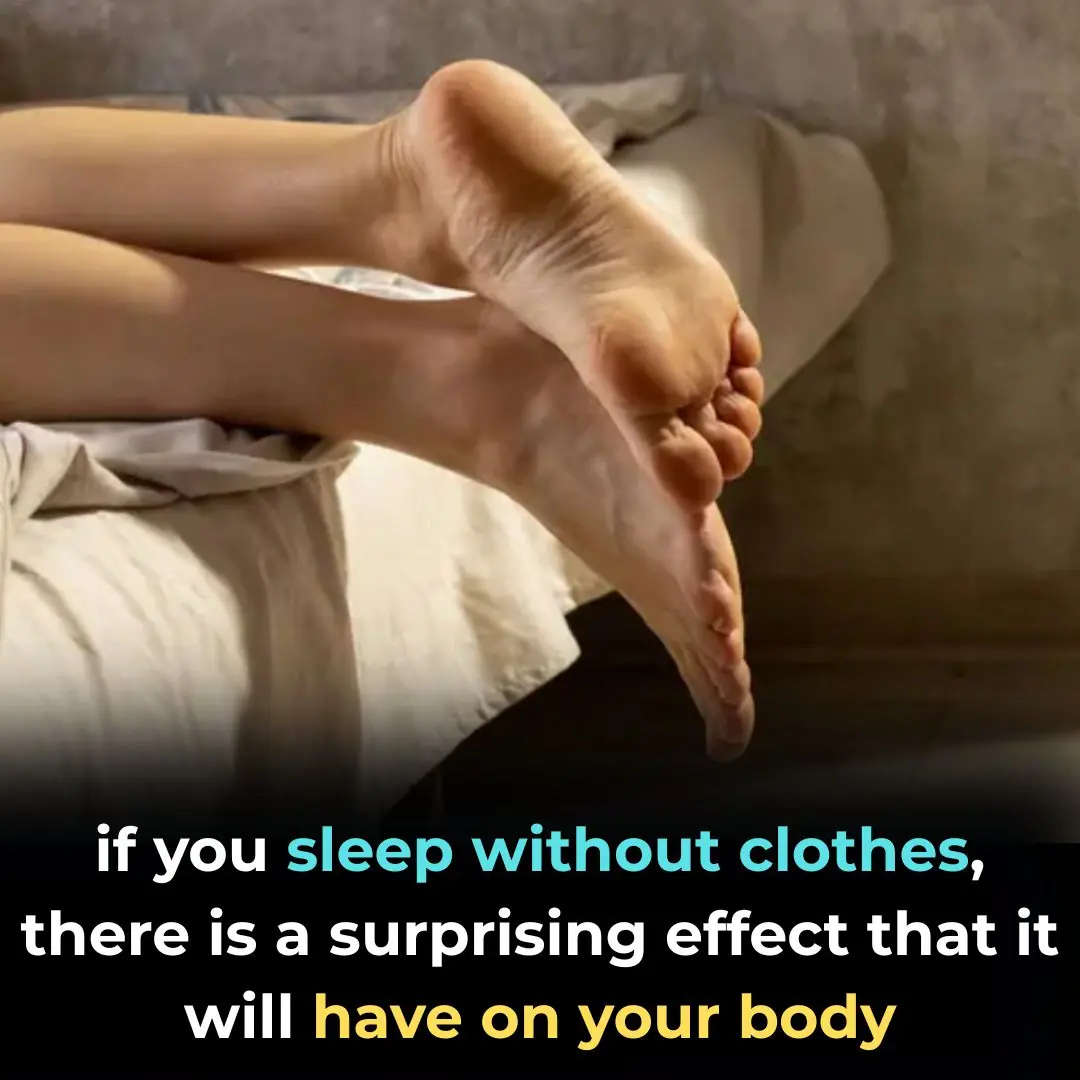
Sleeping Naked: 8 Surprising Benefits

What Happens To Your Skin When You Rub An Ice Cube On Your Face
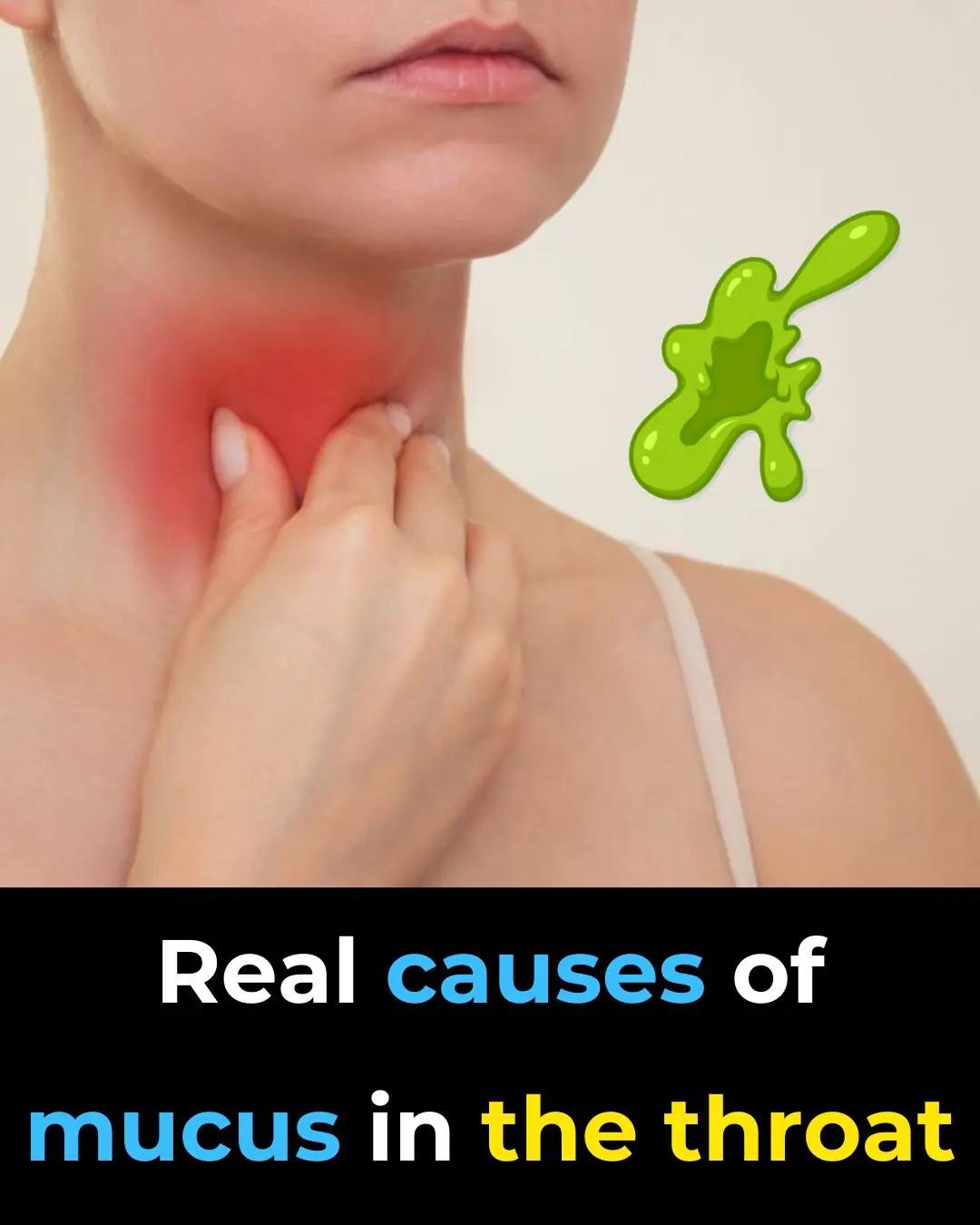
🤢 The Real Causes of Constant Phlegm and Mucus in Throat — And How to Get Rid of It
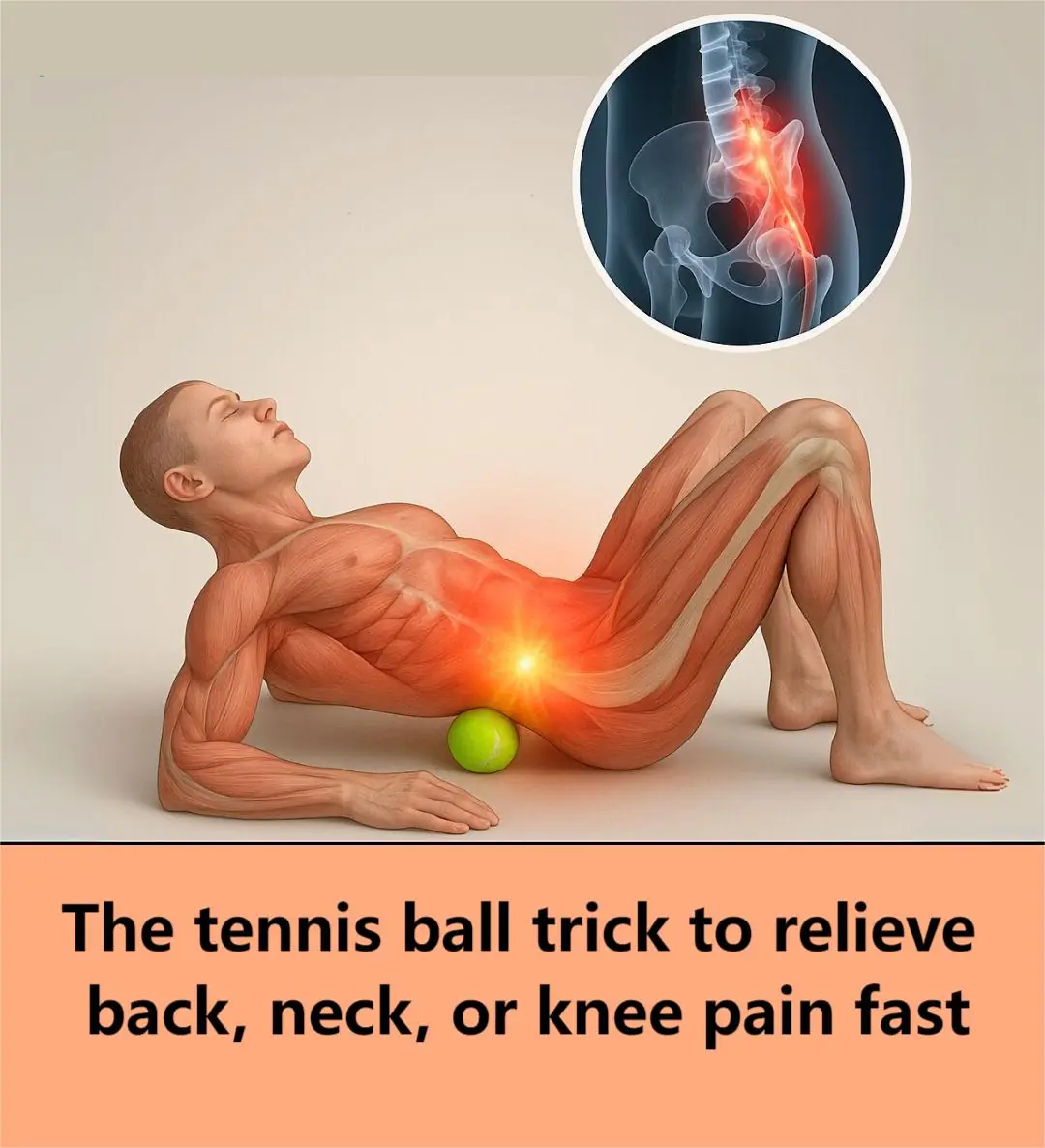
The Tennis Ball Trick That Can Relieve Back, Neck Or Knee Pain In Seconds
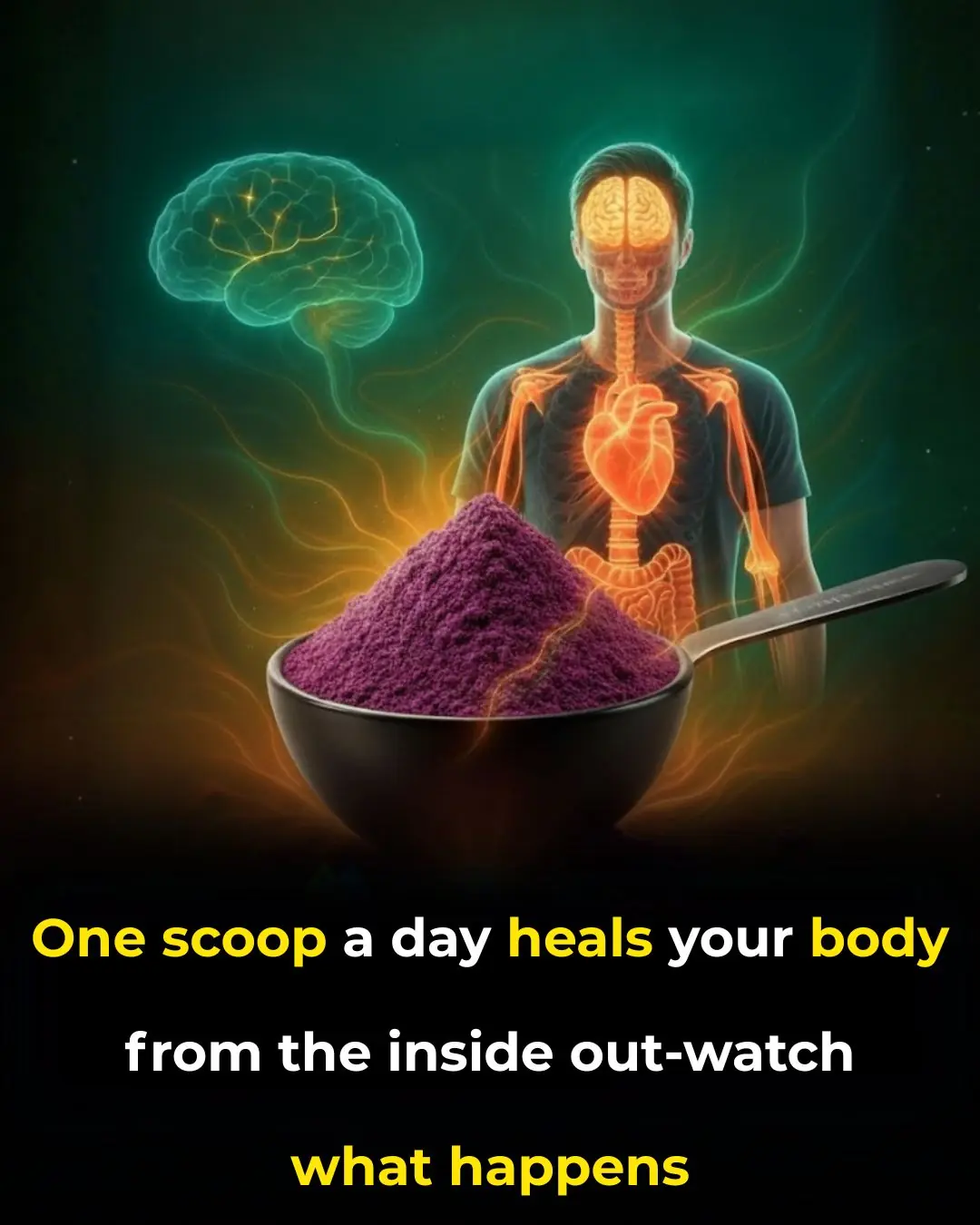
One scoop a day heals your body from the inside out — watch what happens
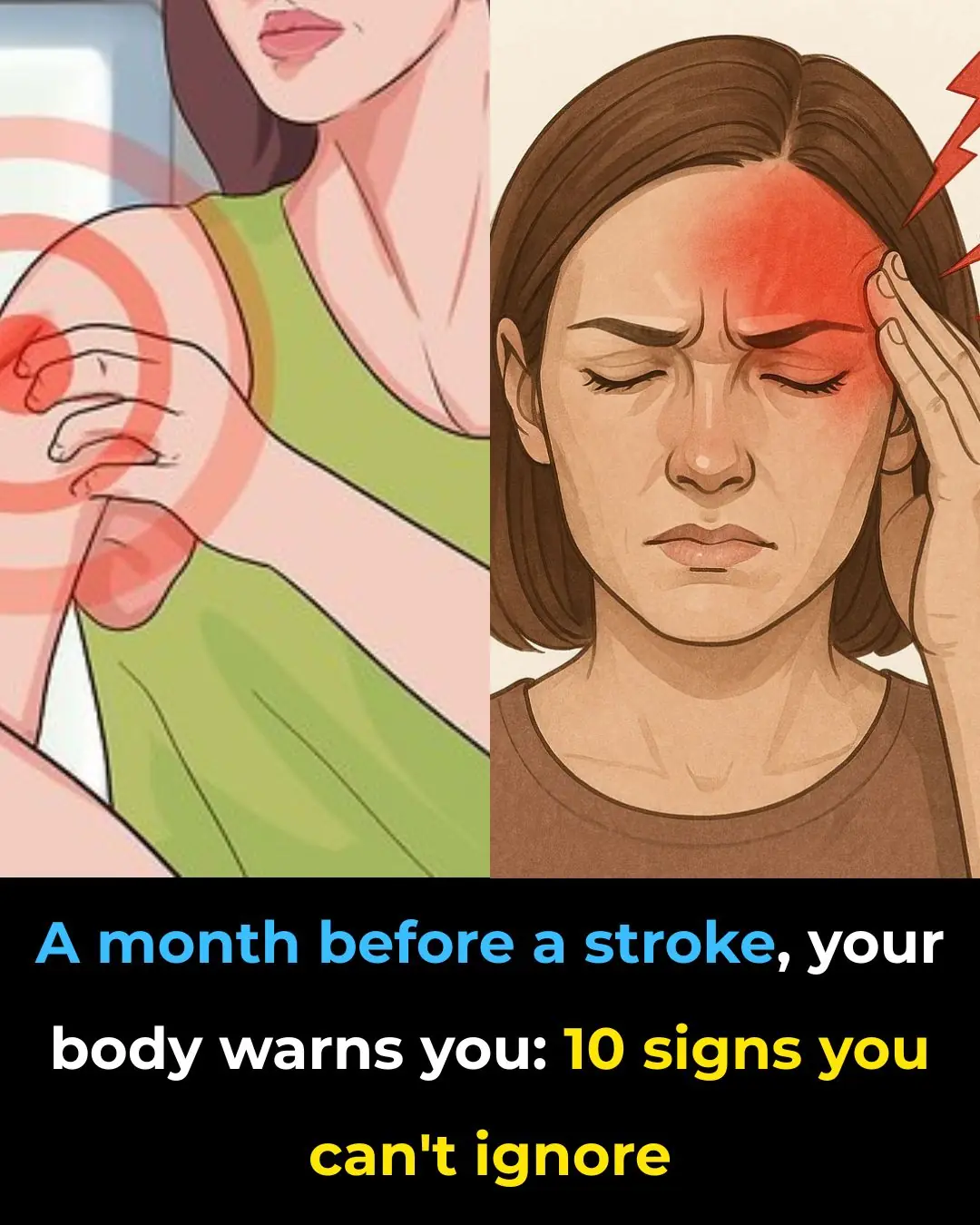
🧠 A Stroke Can Happen Suddenly — But Your Body Might Send Early Warnings (Know the Signs)
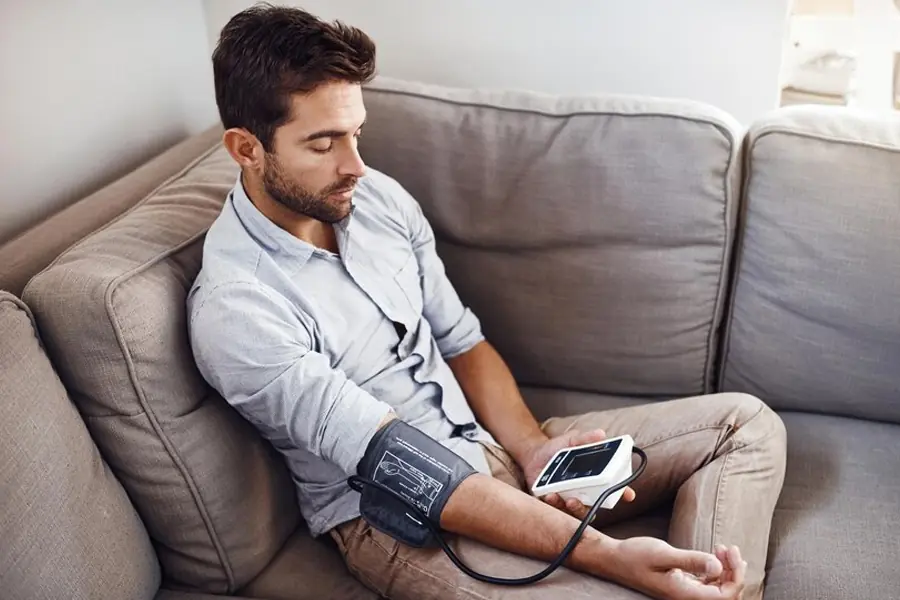
Are You Being Lied To About What Your Blood Pressure Should Be? — Read This Before You “Chase the Number”
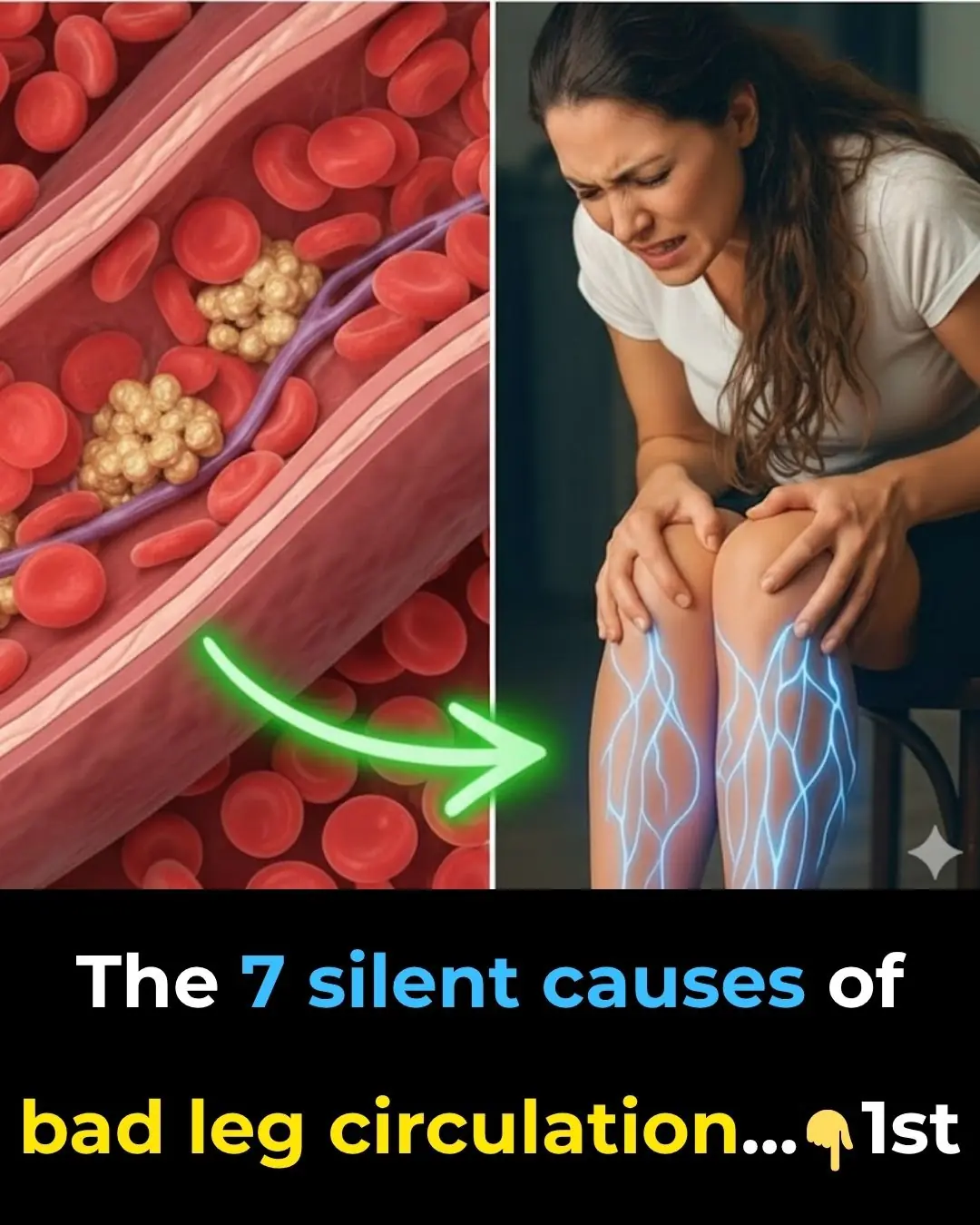
The 7 silent causes of bad leg circulation
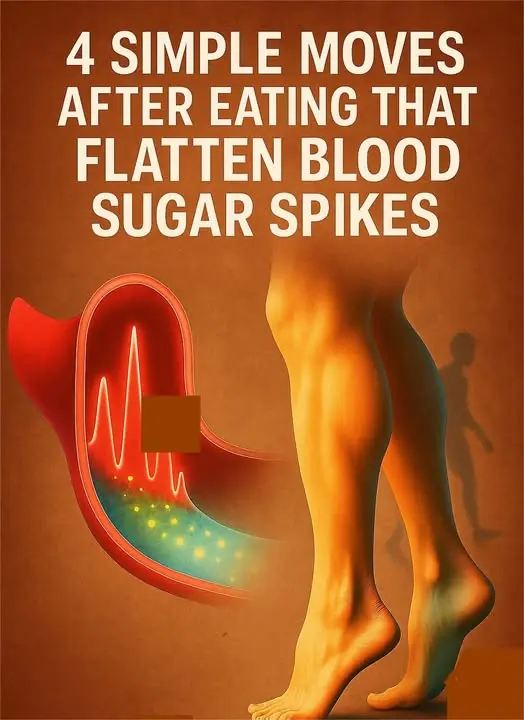
4 simple moves after eating that flatten blood sugar spikes

This Miraculous Drink Will Work Wonders for Your Thyroid
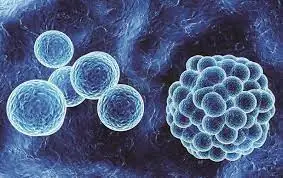
This Starves Colon Cancer Cells — and Strengthens Your Body’s Natural Defenses
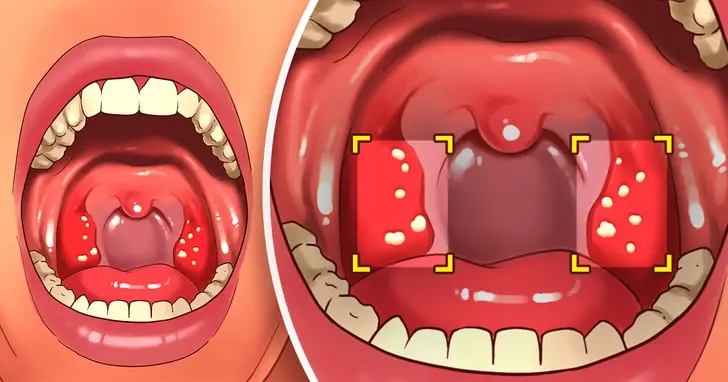
10 Warning Signs You Might Be Gluten Intolerant
News Post
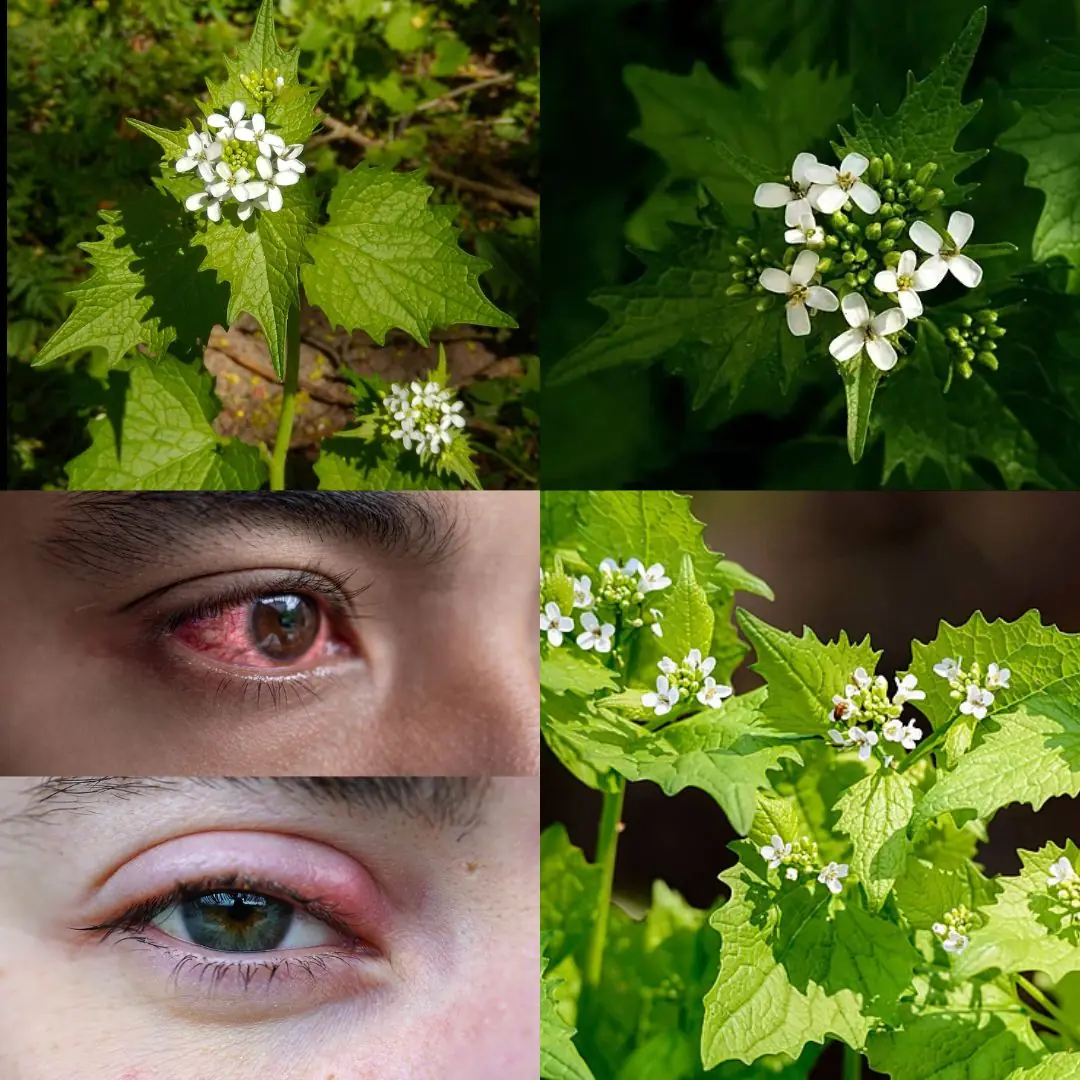
Garlic Mustard: The Overlooked Herb That Can Boost Your Health — Especially Your Eyes

SHOCKING NEW STUDY REVEALS WHAT MIGHT BE SILENTLY DESTROYING HUMAN FERTILITY

POPULAR SHAMPOO URGENTLY RECALLED BECAUSE IT CONTAINS BACTERIA THAT KILLS UP TO ONE IN TEN PATIENTS
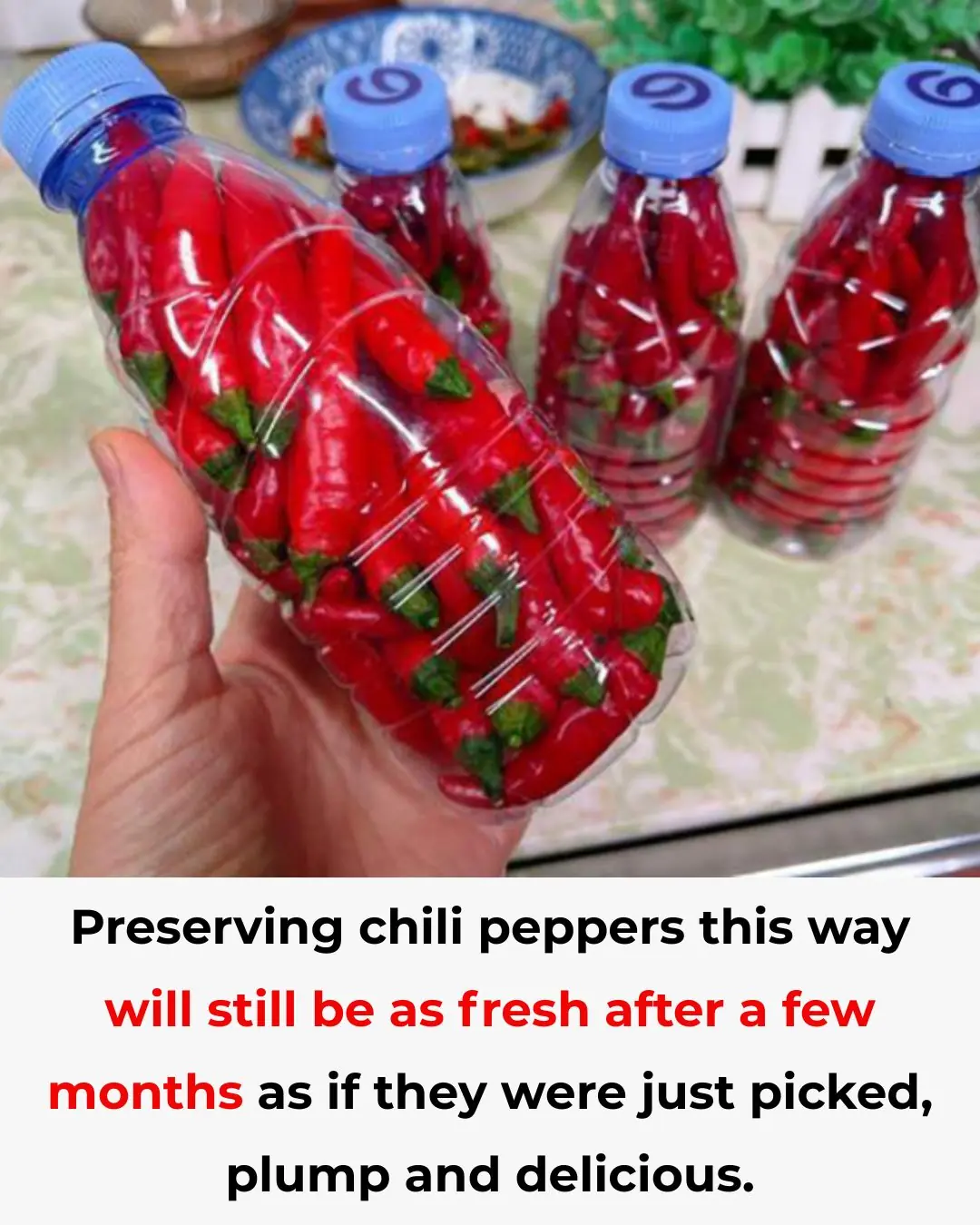
How to Store Chili Peppers So They Stay Fresh, Juicy, and Flavorful for Months

Nurse who's witnessed 'so many deaths' explains spine-chilling moment she realised 'what happens after we die'
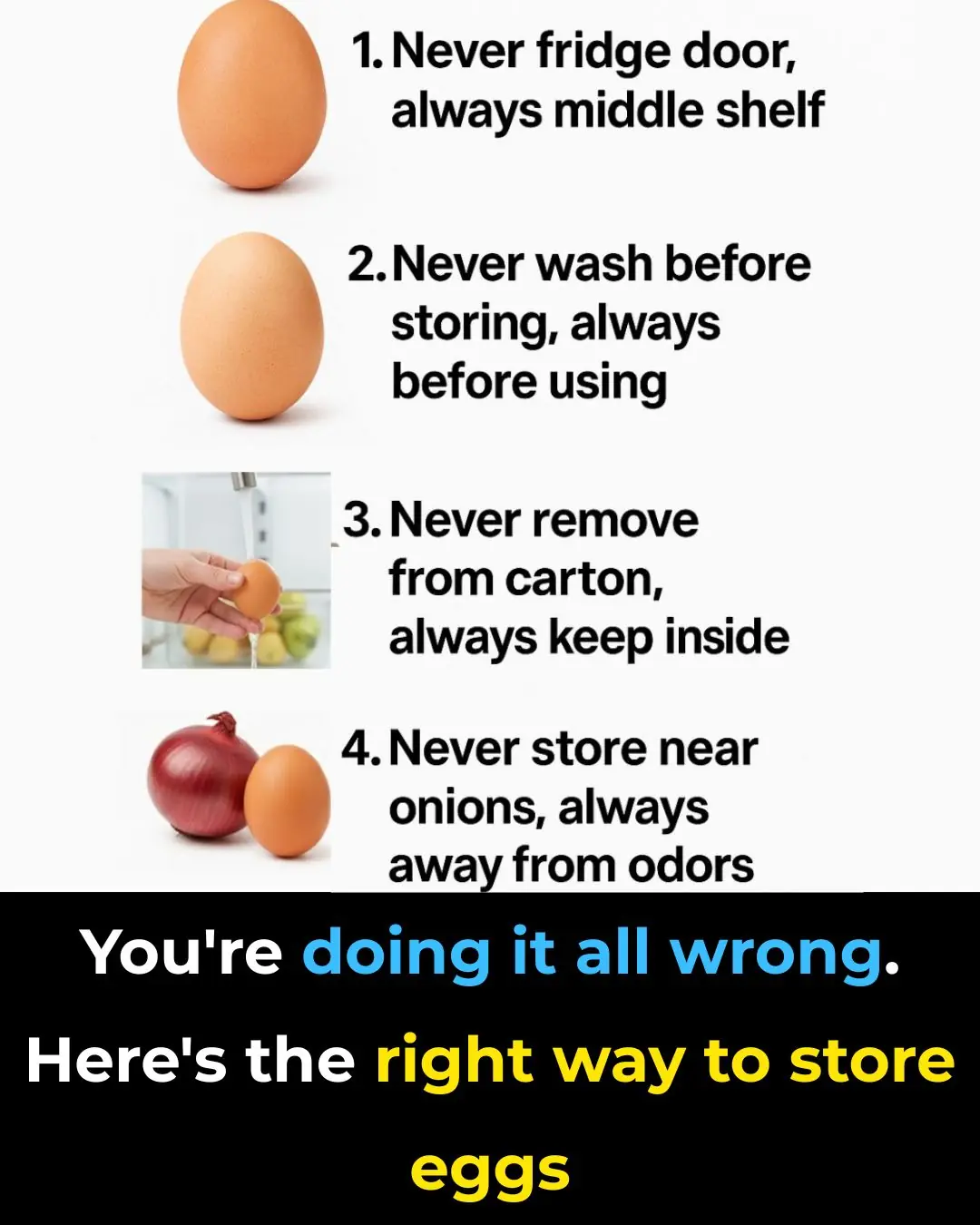
You’re doing it all wrong. Here’s the right way to store eggs

The influenza flu virus is being used to cure pancreatic cancer

The reasons why public toilet doors don't touch the ground.

Eye Doctor Reveals What To Do If You Start Seeing ‘Floaters’

The Baby Hippo Who Just Wanted to Be Left Alone.

The Chimpanzee and the Lion Cub: A Love Beyond Species.

🍃 17 Reasons to Drink Guava Leaf Tea Twice a Week

If cancer cells are present in the body, these 3 symptoms often appear in the morning everyone should pay attention

The Night the Bear Knocked at the Door.
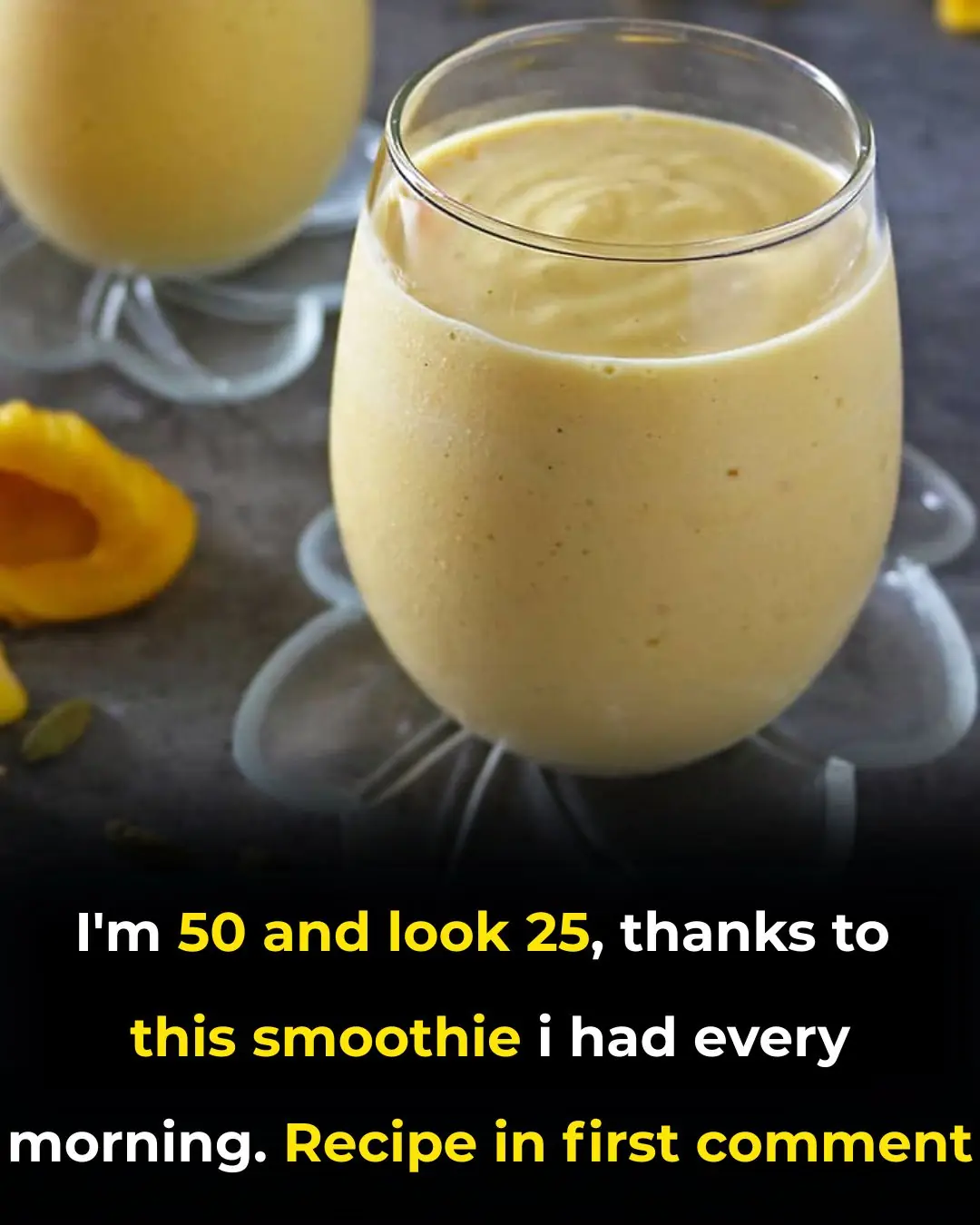
🥤 The Rejuvenating Smoothie That Makes You Look 20 Years Younger 🌿

A Love That Shaped a Legend: Robert Redford and Lola Van Wagenen.
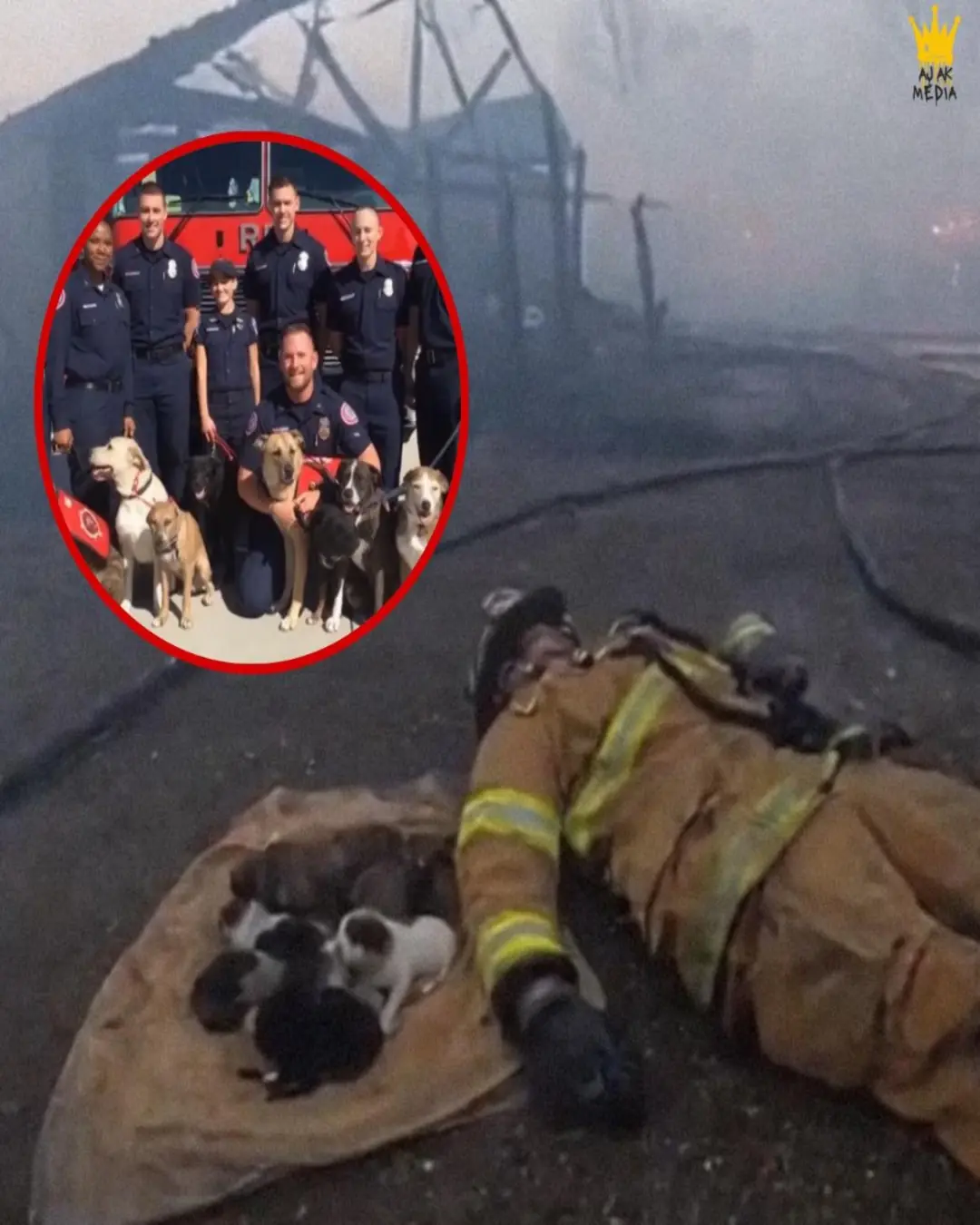
Firefighter’s Final Rescue Saves Ten Souls

Rex: The Police Dog Who Gave His Life to Protect His Best Friend

3 foods you thought were bad for diabetes (but aren’t!)
